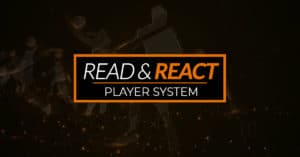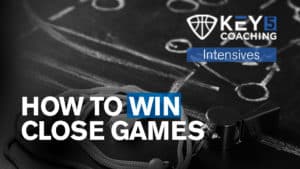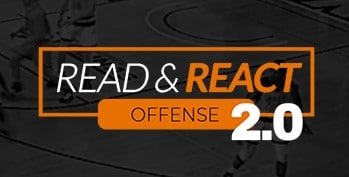The following article is courtesy of the USA Basketball Coaches Network.
USA Basketball coaches know what it’s like to coach a team that is loaded with talent. Having to coach a team of players who are all used to being the best and the go-to player on their teams can be a good problem to have. Still, there are challenges — managing egos, developing chemistry and a team identity, installing a game plan in short order, etc. And so this week’s question for the Coaches Network:
What is the biggest challenge and how do you handle a team that comes together for a short period of time and has an abundance of talent or equal talent up and down the roster?
Eric Flannery, head coach, St. Edward (Ohio) High School
The biggest challenge is having all the players buy into the WE vs. ME mentality. Coach (Don) Showalter has consistently accomplished that during his time with USAB and I have learned so much from that experience. It is important to communicate to each player what their role is and how it can make this team better. There has to be a constant enforcement about what it means to make the team better and the answer is not always playing the best players, however it is about the players that make the team great.

I often tell my team: “Show me a team that doesn’t care who gets the credit, and I will show you a team who will hang championship banners in March.”
When a roster has an abundance of talent, it is imperative that the coach minimizes the importance of individual accolades, and instead, stresses team success. For a talented team to play as one unit on the floor, they must play for each other and with an unselfish mentality. Team chemistry and exceptional teamwork are key components to success in any sport at any level.
There are several ways to promote and reward good teamwork. During our competitive drills in practice, we keep “game” score, but each field goal that is made off an assist is rewarded with an extra two points on the scoreboard. We also allocate five points to a team any time a player takes a charge to help position for a teammate that was beaten off the bounce.
We foster leadership and team chemistry by creating a culture of communication, self-accountability, and acknowledgment. In other words, our players often acknowledge their teammates for a good pass or take responsibility with the group for a poor decision. We as coaches model this as well by praising the unselfish decision and also taking ownership for our own shortcomings.
We are in the business of creating leaders not just basketball players. Teamwork is a life lesson and basketball is a great avenue to that end.
Brian Robinson, head coach, Bishop McGuinness (N.C.) Catholic High School
The first thing that needs to be clear to everyone is stating what the common goal is for the team, which depending on what level you are on, should be to be the last team standing.
After that goal is established, the steps to how best we can achieve that goal need to be stated. Those steps usually include giving up of your personal glory to make the team the best it can be, practicing and playing with one central mindset, and doing what is asked of you for the team to be successful. Once these steps are in place, everything else falls into place (game planning, practices, etc.). If someone veers off the team goals and the steps to reach that goal, they stand out like a sore thumb and then they have to answer the question of why they are doing that when it’s not best for the team.

First of all, it’s a GREAT problem to have. I still truly believe in teaching the “TEAM FIRST” concept with this type of talent. I think you need to get the players to “buy in” that they are all valuable and all have a role on the team. I think that it is important as a coach to get to know each individual as a person first, then as a basketball player. Also, I think that it is important to establish a basketball family with this team and that we care about each other on and off the court!
Don Showalter, head coach, Iowa City (Iowa) High School
I think the most difficult challenge is to have the players buy into their roles whether it be starting or coming off the bench and then to have the players realize that shot is not always on option for them every time they catch the ball — as it may be on their high school or AAU team. Players want to win and will buy into the team concept if it means minutes on the court.









